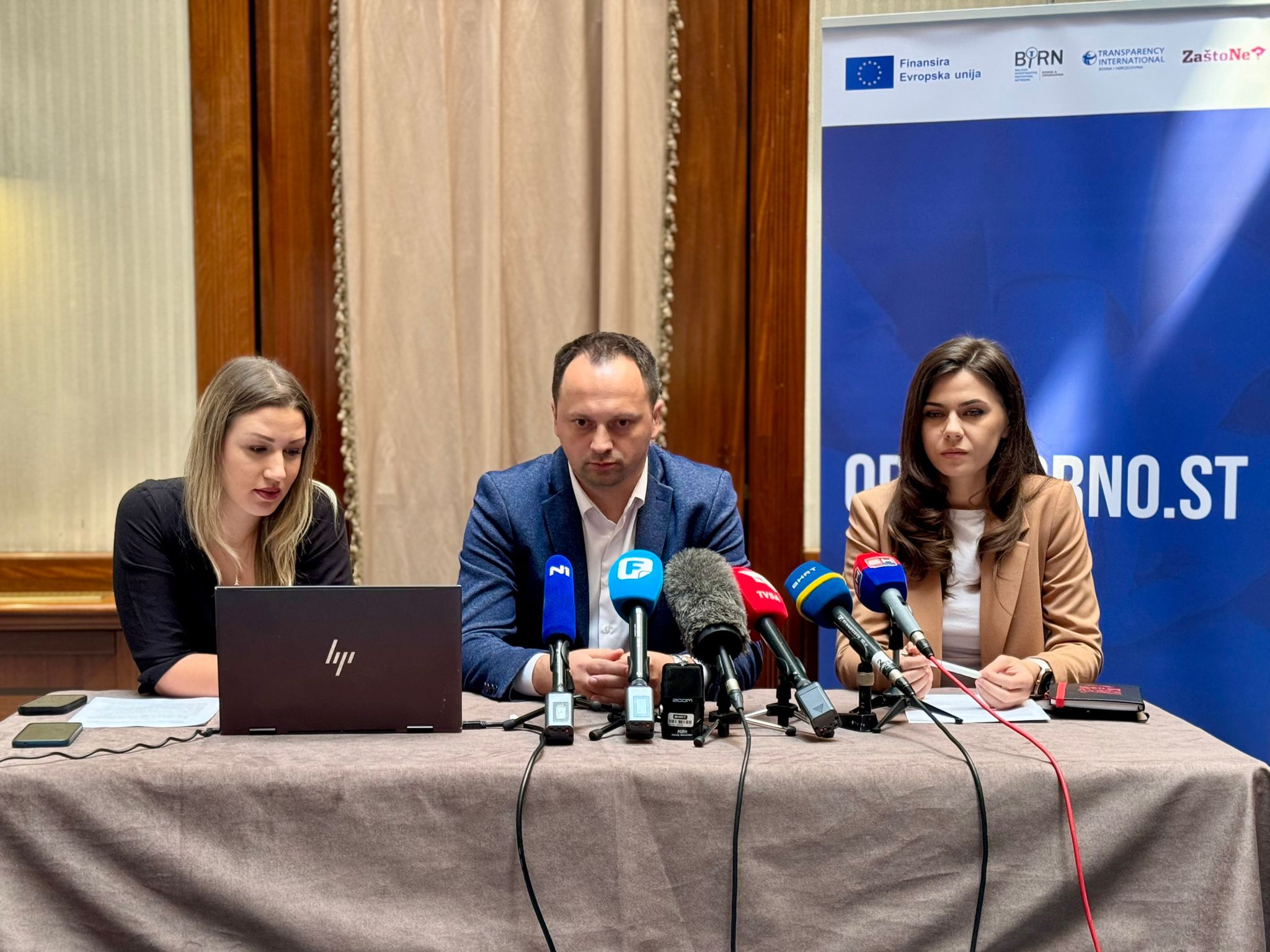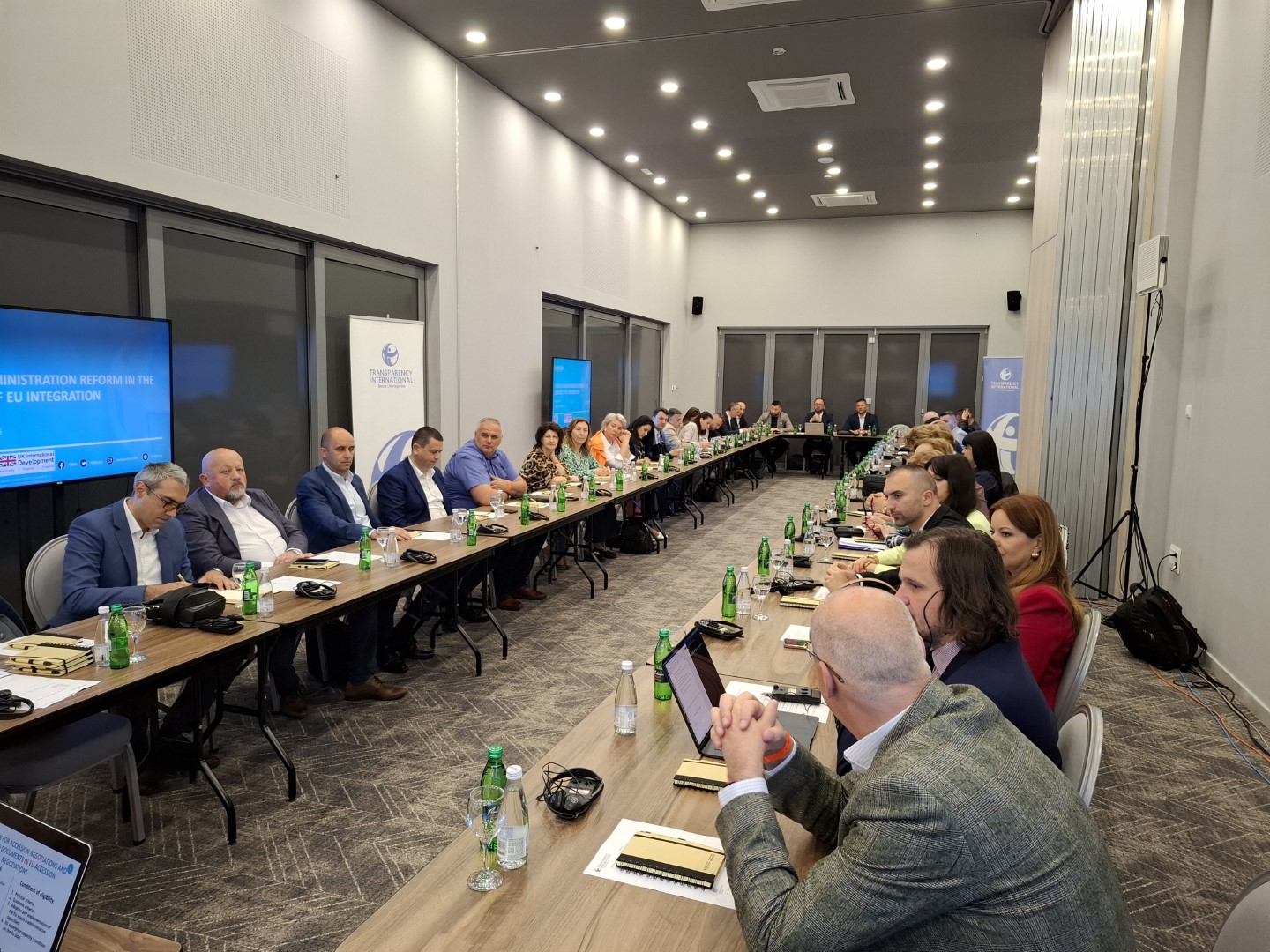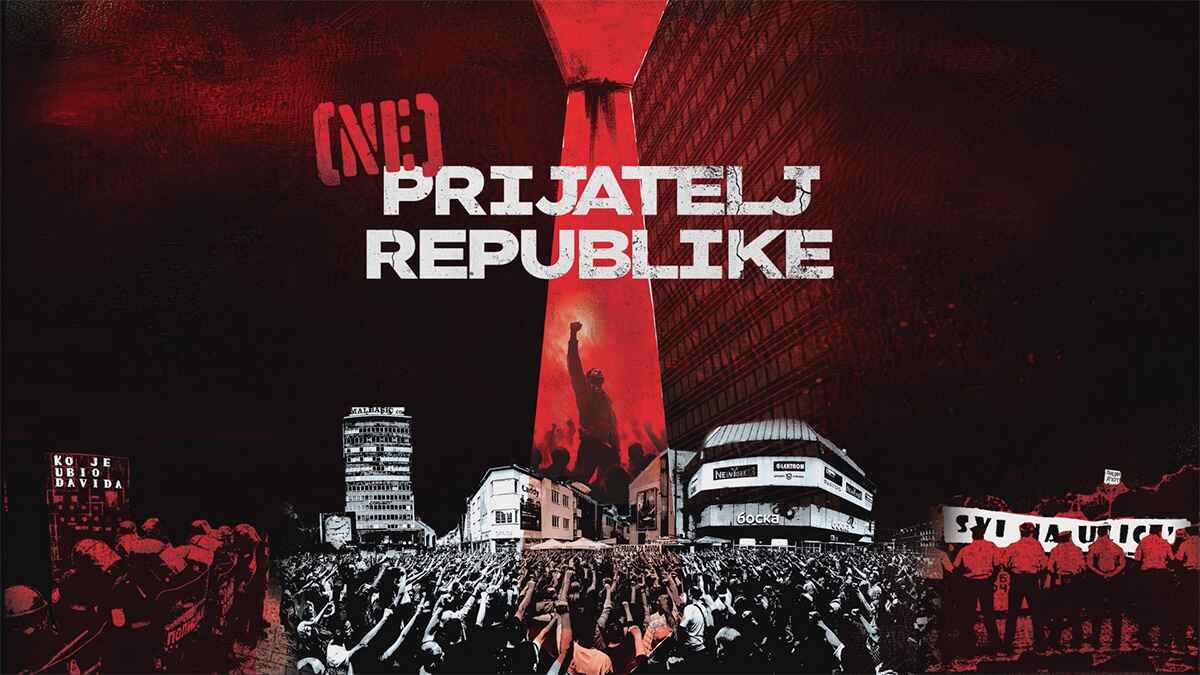Berlin, 11 Decemeber 2007 – A Glance at UN Convention against Corruption
The United Nations Convention against Corruption (UNCAC) took effect in December 2005 to help eradicate corruption worldwide. Nowadays, the convention is seen as providing the...

The convention of the first legally binding international agreement subjects all U.N. States Parties to the same scrutiny and sets clear rules to be applied equally to all.
It creates the opportunity to develop a global language about corruption and a coherent implementation strategy. It helps the global community admit their weaknesses and begin establishing an effective set of benchmarks for effective anti-corruption strategies.
The UNCAC highlights the prevention of dishonesty.
An entire chapter of the convention is dedicated to prevention, with measures directed at both the public and private sectors.
Model preventative policies such as the establishment of anti-corruption bodies and enhanced transparency in the financing of election campaigns and political parties are set out.
It also stresses that transparency and accountability in matters of public finance must be promoted and specific requirements be established for the prevention of corruption in the public sector such as the judiciary and public procurement.
The convention calls for active involvement of non-governmental and community-based organizations to raise public awareness of corruption and what can be done about it.
Article 5 of the convention enjoins each State Party to establish and promote effective practices aimed at the prevention of corruption.
The convention says that corruption is a crime requiring nations to establish organizations so as to cover a wide range of acts of corruption if they have yet to regard them as crimes under domestic law. It criminalizes not only basic forms of corruption such as bribery and the embezzlement of public funds, but also trading in influence and laundering of the proceeds of corruption.
Offences committed in support of corruption including violations of justice are also dealt
with. The U.N. agreement seeks international cooperation as well because of mutual legal assistance.
Under the accord, States Parties should cooperate each other in every aspect of the fight against corruption, including prevention, investigation, and the prosecution of offenders.
They are also required to undertake measures which will support the tracing, freezing, seizure and confiscation of the proceeds of corruption.
The UNCAC is trying to aid asset recovery as a major breakthrough.
This is an important issue for many developing countries where high-level corruption has eaten into national wealth. Several provisions on this chapter detailed how cooperation and assistance will be rendered.
They stipuliate that the confiscated property would be returned to the state requesting it in the event of embezzlement of public funds.
In other cases, priority consideration would be given to a state requesting the return of confiscated property, legitimate owners or concerned victims, pursuant to the convention.
Effective asset recovery provisions will support countries to redress the worst effects of corruption while sending a message to corrupt officials that there will be no place to hide their illicit assets.
A Conference of the States Parties is established to review implementation and facilitate activities required by the convention.
Uključite se
Budite u toku
Pretplatite se na naš bilten i dobijajte periodična obavještenja o našim objavama, najavama, pozivima i aktivnostima putem elektronske pošte.
Ne propustite
Ukoliko želite da dobijate naša saopštenja odmah nakon objavljivanja ostavite svoju e-mail adresu u polje ispod.



